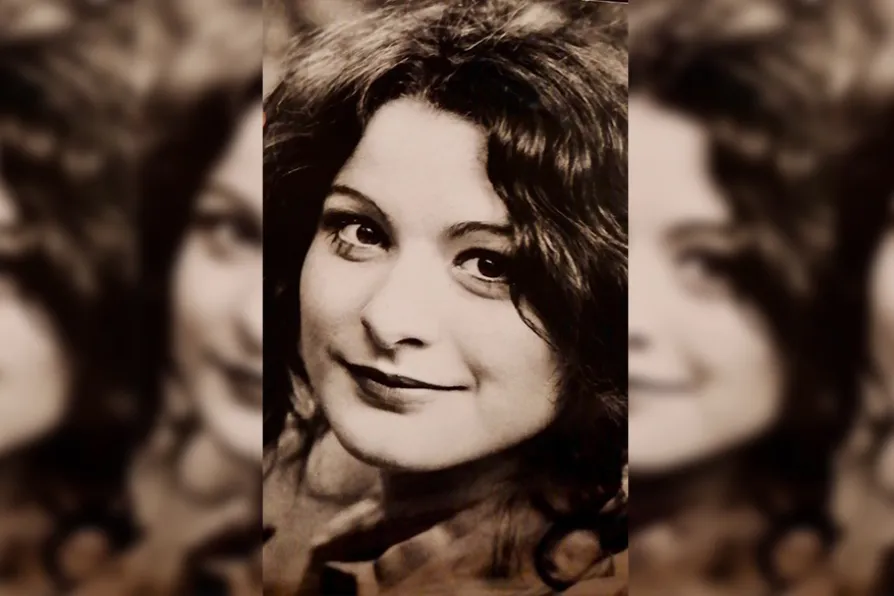The NEU kept children and teachers safe during the pandemic, yet we are disgracefully slandered by the politicians who have truly failed our children by not funding a proper education recovery programme — here’s what is needed, explains KEVIN COURTNEY

 Deborah Lavin
Deborah Lavin
DEBORAH LAVIN, who died last month aged 68, was a socialist historian, author, actor, activist, mother, mentor, friend and occasional firebrand.
Her funeral service, which in normal times would have seen Islington Crematorium packed to the rafters, was streamed online, with only close family and friends attending, due to Covid-19 virus restrictions.
It was watched by comrades worldwide; many had campaigned alongside Lavin, or been influenced and inspired by her work.

LYNNE WALSH reports from the Women’s Declaration International conference on feminist struggles from Britain to the Far East

Caroline Darian, daughter of Gisele Pelicot, took part in a conversation with Afua Hirsch at London’s Royal Geographical Society. LYNNE WALSH reports

This year’s Bristol Radical History Festival focused on the persistent threats of racism, xenophobia and, of course, our radical collective resistance to it across Ireland and Britain, reports LYNNE WALSH

LYNNE WALSH previews the Bristol Radical History Conference this weekend













